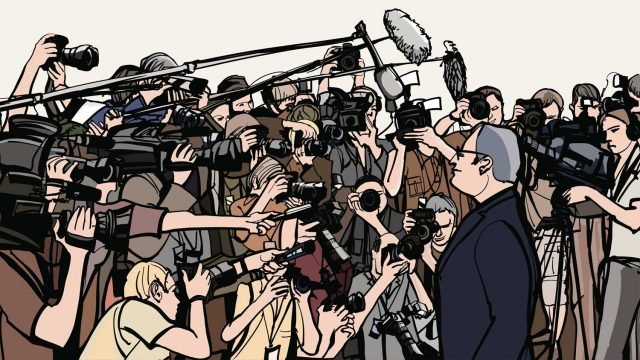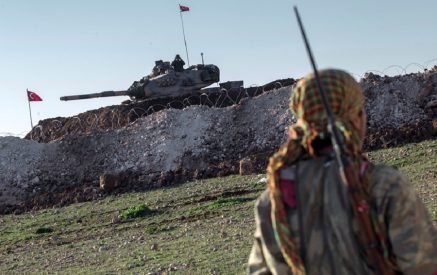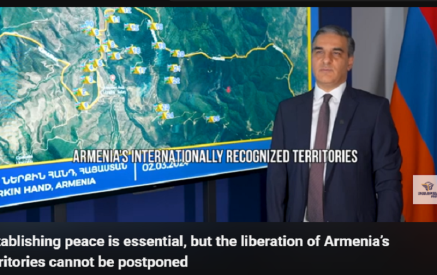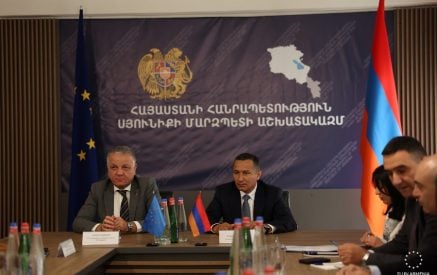On July 4, 1967, American Independence Day, US President Lyndon Johsnon signed into law the Freedom on Information Act. During the signing ceremony, he said, “The freedom of information is as vital to society as national security, and state officials or individual citizens should not be the ones to decide when to restrict it.” After that, a reporter asked the president if they could get a copy of this statement, and Johnson rejected them in a very dry tone.
This is a testament to how the leaders of all countries in all periods of time regard journalists. At the same time, no one confesses that they wish to keep pressure on the freedom of speech or they do not wish to provide sufficient information to citizens.
If you ask the leaders of, say, Turkmenistan or North Korea, they will undoubtedly say that there is absolute freedom in their countries in this regard. The high-ranking officials of countries like the United States make wild statements, but deep down, they dream about having everyone praise them, and they consider those who don’t praise them as being “sold out.” They also tend to lie to their citizens.
Therefore, Armenia is not an exception in this case. In particular, the current authorities are trying to conceal the situation that developed in the Syunik and Gegharkunik provinces from the citizens. There are deputies in My Step who do not know how to communicate with journalists. But, more or less, the authorities’ nature is the same across the world. I see a difference somewhere else.
Read also
In developed countries, the journalism community is not as politicized and, as a result, divided, as it is in Armenia. In my opinion, a journalist is a person who must serve society as an example of tolerance and open-mindedness. However, the majority of Armenian journalists have been trying to “put their colleagues in their place,” “reveal people’s true colors,” or discover whether other journalists are “sold out” for the past 30 years. In other words, they adopt the functions of politicians and, especially, authorities.
In part, I think the reason for that is that many journalists wish to become deputies (this is not only in reference to the most recent National Assembly). They are already preparing themselves to become authorities, and after that happens, they will no longer have the need to adapt. Former journalists, after becoming part of the ruling party, fully adapt to their new roles; they become “squares” and dogmatic believers, they lose their ability to be surprised or see other perspectives in life, and finally, their ability to observe. And those, in my opinion, are the most important characteristics of journalists.
Aram Abrahamyan























































